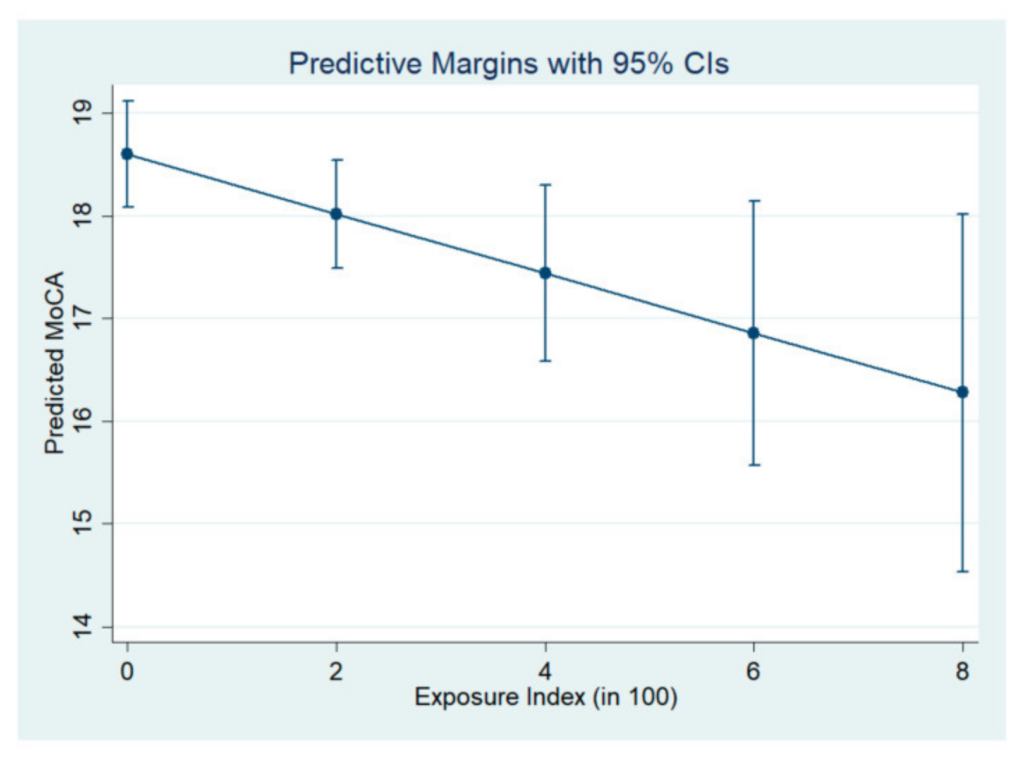The Price of a Mani-Pedi
Nail salon technicians are constantly exposed to harmful chemicals, which can have a profound impact on their cognitive health and well-being.

Read Time: 2 minutes
Published:
Nail salon visits are part of many people’s self-care rituals. Guests relax while being treated to massages, skincare, and a selection of manicure and pedicure styles. They often leave their appointments feeling rejuvenated.
The nail techs and salon workers that provide these services are often poorly paid; many work long hours and continue working into their senior years. Since the earliest days of the nail salon business, these jobs have involved Vietnamese women, many of whom are immigrants.
Nail care comes at a cost to nail techs’ health, as they are constantly handling harmful chemicals. Polishes, glues, and removers contain formaldehyde, dibutyl phthalate, and toluene. These chemicals are linked to cancer, preterm birth, liver and kidney damage, and cognitive impairment.
Despite the known harms of these chemicals, salon safety laws are often not enforced. Nail salons may lack proper ventilation and may not offer masks or gloves to their workers.
Thuc-Nhi Nguyen and collaborators studied the effects of salon-based chemical exposures on the mental functioning of Vietnamese immigrant women. They examined a group of women over the age of 40 in Northern California.
All participants underwent the Montreal Cognitive Assessment (MoCA). This test assesses short-term memory, language, and attention, among other skills. Individuals received a score of 0 to 30; higher scores indicate better brain functioning.
Researchers scored participants’ salon-related chemical exposures based on how many years they worked in nail salons and how many hours they worked each week. Scores were divided by 100 to generate exposure index scores (for example, if a participant worked for 200 hours, their exposure index score would be 2, as shown in the figure below).

The figure above shows the relationship between nail salon work exposure and MoCA scores. Nail techs who spent the most time in salons had the worst cognitive abilities.
Nail techs provide care to their clients; it is time that policymakers take care of them. The long-term effects of chemical exposures may be profound, but in this case, they are preventable. Workers in California are banding together to demand workplace improvements, including enforced proper ventilation and provision of masks and gloves.



